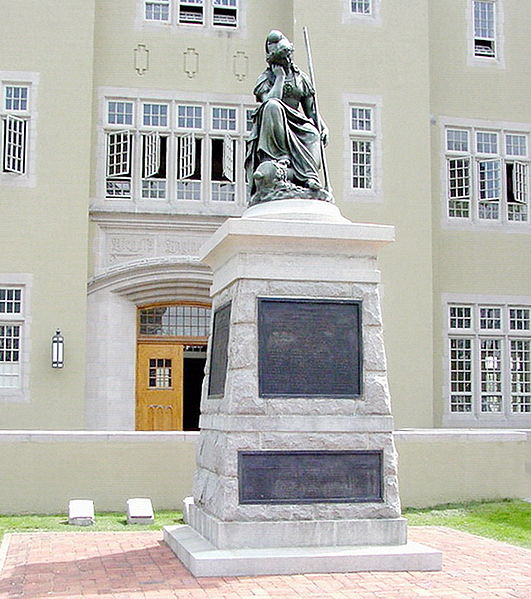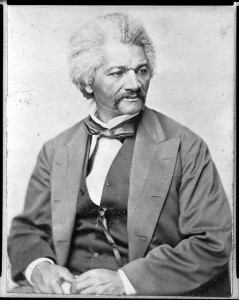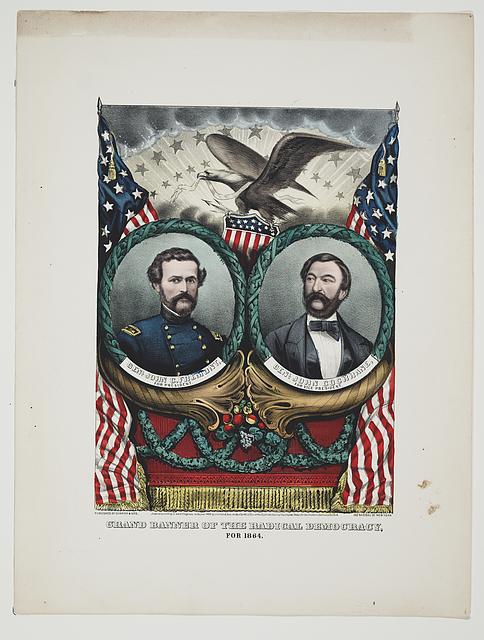“until all resistance to the national authority ceases”
the national authority embodied by the vote of the people
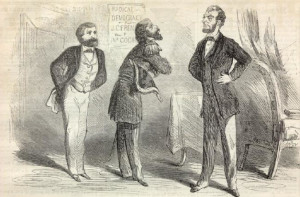
JUST SO!
FREMONT. “Well, Sir ! I am nominated, you see!”
COCHRANE. “Yes, Sir; WE are nominated.”
LINCOLN. “Well, Gentlemen; and what then?”
FREMONT and COCHRANE. ” Oh! nothing, Sir; nothing—that’s all!”
Campaign season was heating up. On May 31, 1864 the Radical Democracy nominated John C. Fremont as its presidential standard-bearer. The Republican (National Union) convention was scheduled for June 7th and 8th in Baltimore. Here’s an endorsement of President Lincoln.
From The New-York Times June 6, 1864:
A Voice from Rebeldom on the Presidential Question.
We publish this morning a brief letter, (which we know to be genuine,) from the interior of Texas, relative to the necessity of reelecting President LINCOLN. The writer declares that nothing would give the loyal men of the South so much satisfaction; and that nothing would more discourage rebels. This testimony from the very bosom of rebeldom, is but a corroboration of our argument, that the Union cause cannot have its complete vindication short of compelling the South to submit to the national authority, as exercised by the very man against whose constitutional election by the people they rebelled.
The uniform representation of the Southern leaders has been, as our correspondent states, that this war upon the South has been mainly the doing of “Old ABE,” and a little knot of desperadoes around him. The lower classes of the South have no conception that the majority of the North are really in favor of the war — far less, that they are enlisted in it heart and soul, and are determined to fight it through till the rebellion is crushed, whatever blood, or treasure, or time it may cost. Such an idea has not been entertained, for the simple reason that these classes have been precluded from every source of true information. Almost by a natural necessity, they believed what has been incessantly told them. Ignorant at best, unaccustomed to draw inferences or form independent judgments of any sort, habitually looking to their political leaders for information and direction, and as completely unacquainted as the South Sea Islanders with Northern newspapers, they do not consider the reelection of ABRAHAM LINCOLN among the possibilities.
It is a great fact we must never forget, that ABRAHAM LINCOLN stands before the South as the embodiment of the war. It is that for which the Southern leaders so intensely hate him. It is that which has made it easy to present him to the people as the author of all their woes, and the only obstacle to their independence and peace. Therefore there can possibly be no such effectual method of evincing to the South the Northern determination to cleave to the war, than to vote by an overwhelming majority to continue the executive power in the hands of Mr. LINCOLN. Let any other man be chosen, no matter on what platform or by what party, and it would be represented at the South to be a proof of the dissatisfaction of the Northern people with the war, and a sign that the war would be soon abandoned. No such interpretation could be put on their election of ABRAHAM LINCOLN that would not be on its face preposterous. The very contumely which the Southern leaders have been pouring upon him for the last four years without stint, would estop them from uttering a syllable after his reelection in pretext that it was his usurped authority, and not the will of the North, that sustained the war. They have advertised him to the “white trash” of the South a little too freely to make it possible to falsify the meaning of his being chosen to a second Presidential term.
The reelection of President LINCOLN will be a solemn proclamation by the people to the rebellious South and to the whole world, that this war can have no end until all resistance to the national authority ceases. It will dispel a thousand mischievous delusions. It will present to the Southern people, for the first time, in all its reality, the appalling vista of war down which they must go to inevitable ruin, unless they return to their old allegiance. As merely the means of imposing upon the South a sense of the Northern determination to subdue this rebellion, this reelection would be worth a new army of half a million. It is already known well enough that we have the strength. What is especially needed is, the conviction that this strength will be used to the uttermost limit, if necessary to maintain the Government. To establish that conviction, we must attest our purpose in the most unmistakeable of all ways — the reelection to power of him, who, more prominently than any other man, has been identified with the war.
As a war measure, then, as a matter of military expediency, nothing could be wiser than this reelection. But there is an intrinsic justice in it which still more commends it. It was the national authority as vested in ABRAHAM LINCOLN that was defied; and it is preeminently fit that the submission, when made, should be made to the same exponent of that authority. No chance should ever be given for the future apologists of this rebellion to pretend that it was provoked and sustained only by the odiousness of Mr. LINCOLN’s political doctrines, and by his unfitness to be at the head of the Government. This business should be so settled as to render forever impossible the slightest idea that the recognition of a President elect depends in the least upon his party connections or his personal character. This cardinal principle can be reaffirmed in no better way than by making the rebellion succumb in its death to the very President whom it repelled and defied in its birth. It is not in any spirit of petty revenge, any desire to inflict needless humiliation, that this is urged. The effectual pacification of the country, so soon as the war closes, is a matter of too great concern to allow the slightest play to any feeling of that sort. Indeed, no personal feeling to any kind would justify any act that would operate against the speediest and easiest return to the line of duty. But there is a principle involved here; and it touches the vital issue of this struggle. It is the principle of implicit submission to the legal authority of the elect of the people. Had Mr. BRECKINRIDGE, or Mr. DOUGLAS, or Mr. BELL been elected, there would have been no rebellion. The South rebelled because the plurality of the people chose to be served by Mr. LINCOLN. It is for the people to reassert their absolute and indefeasible right, under the Constitution, to elect to the Presidency of this Republic whosoever they may choose to elect, and their determination, through all time to come, to put down any resistance to that right, whenever and wherever it is attempted. This reassertion can be made in no way so distinctly and effectually as by the reelection of President LINCOLN.
The political cartoon of President Lincoln and the candidates of the Radical Democracy was published in the June 18, 1864 issue of Harper’s Weekly (at Son of the South).
_______________________________________________
_______________________________________________

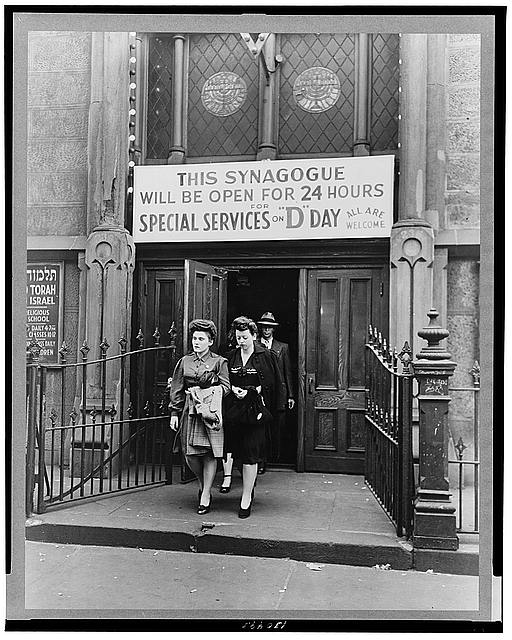
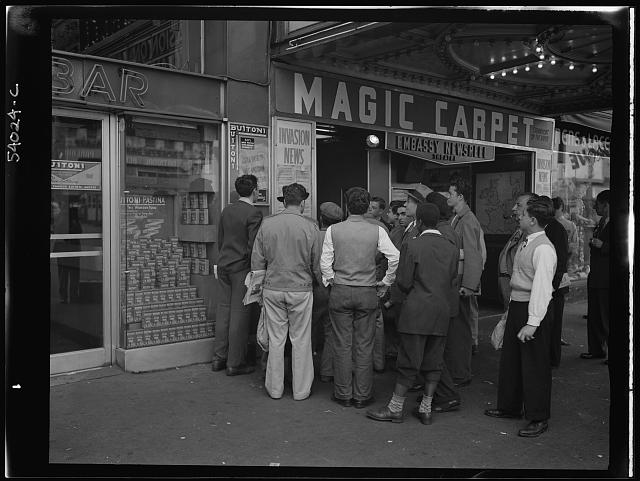
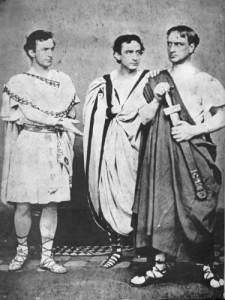
![Civil War envelope showing Columbia with American flag bearing message "For the Union" and state seal of Maryland (N.Y. : C. Magnus, 12 Frankfort St. ; [between 1861 and 1865]; LOC: LC-DIG-ppmsca-26468)](https://www.bluegrayreview.com/wp-content/uploads/2014/06/26468r.jpg)

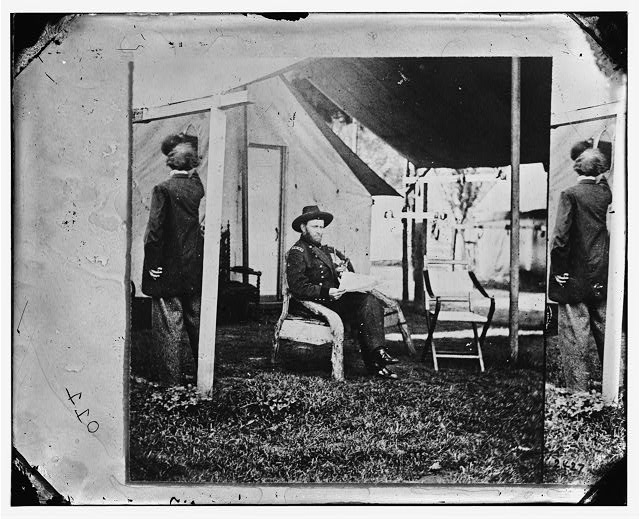



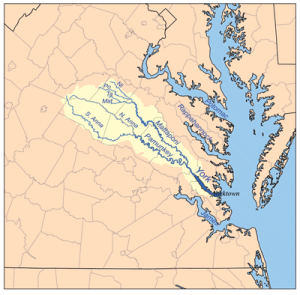
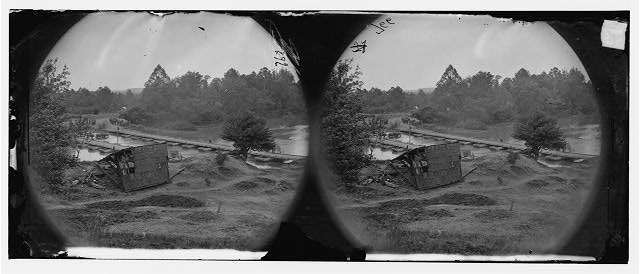
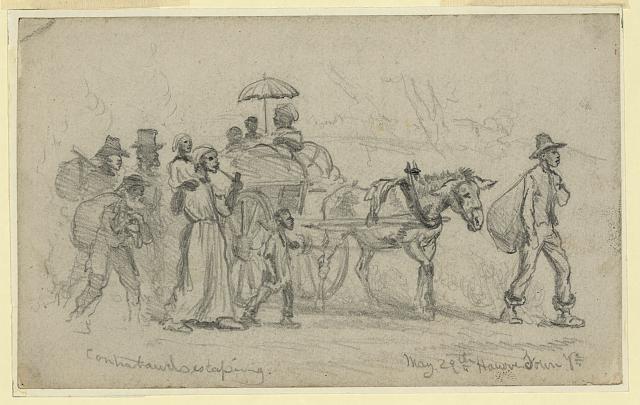
![[Illustrated Civil War "Union Envelopes"]: Rebel arms of Virginia (between 1861 and 1865; LOC: LC-USZ62-53595)](https://www.bluegrayreview.com/wp-content/uploads/2014/05/3b01565r-300x167.jpg)
